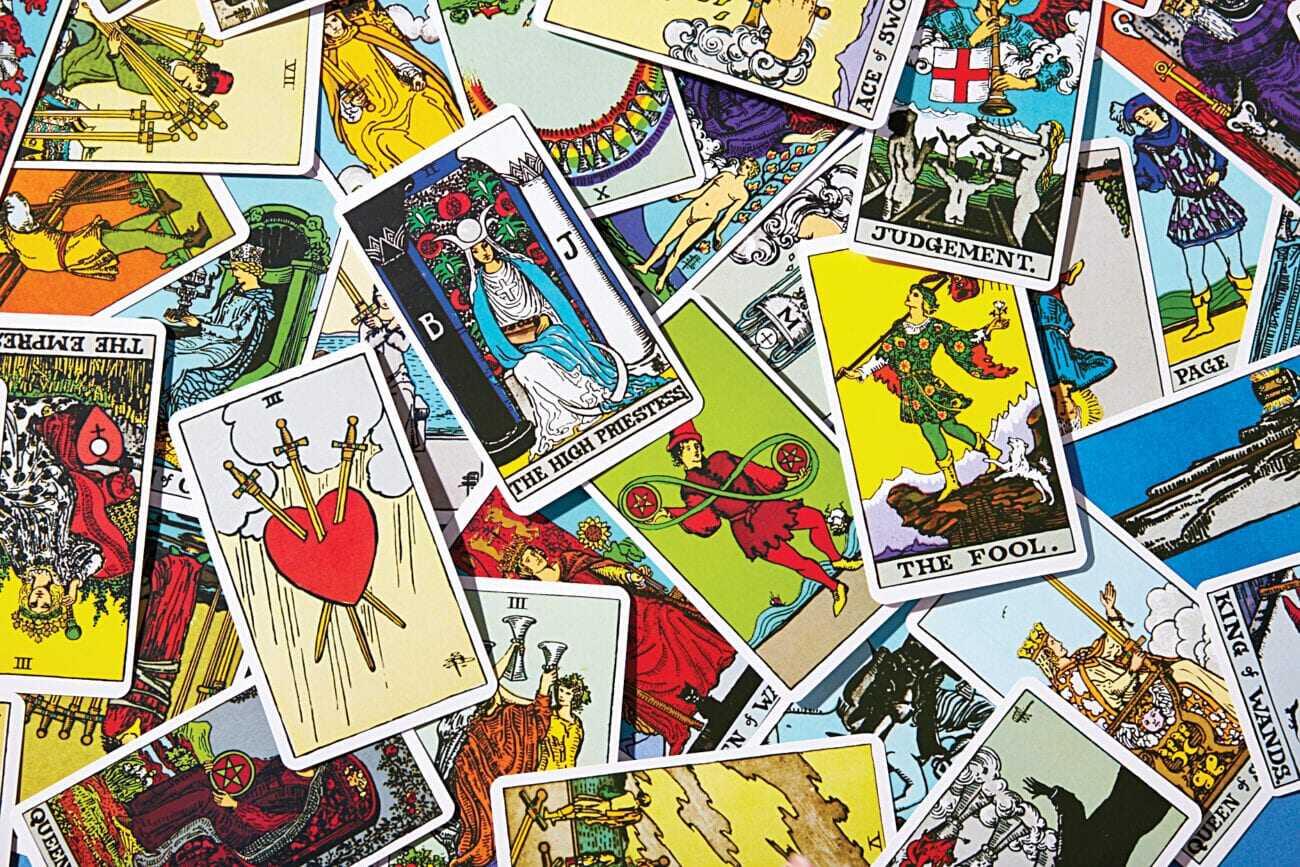Email format error
Email cannot be empty
Email already exists
6-20 characters(letters plus numbers only)
The password is inconsistent
Email format error
Email cannot be empty
Email does not exist
6-20 characters(letters plus numbers only)
The password is inconsistent

News
How to review language flashcards effectively: 3 tips
Wholesale OEM plastic playing cards factory supplier
Do you want to use flashcards in your language learning, but need some pointers? Then this post is for you! Learn how to review language flashcards as effectively as possible.
Flashcards can be an incredible tool in language learning, but you have to be smart about it. In this post, I’ll explain how you can get the maximum benefit out of your flashcards. Let’s make sure that you are investing your time and efforts wisely!
The following tips apply to both digital and paper flashcards.

How To Review Your Flashcards Effectively: 3 Tips
I consider myself a flashcard addict. Over the last 15 years, I have used flashcards for many different languages. I credit flashcards with my ability to speak Spanish, Russian, and Polish and with my advanced knowledge of Latin and Ancient Greek. And over the years, I have learned a lot about what works and what doesn’t work.
The principle of the flashcard is pretty simple, but actually making and reviewing your flashcards can be more complicated. My students often ask me how to study flashcards properly, and this post represents a synthesis of everything that I tell them.
So let’s dive in. Here are my top seven tips for how to review language flashcards effectively!
✔️Tip #1: Study your flashcards in both directions.
It is critical to do your flashcards both ways. What do I mean by this? Well, each flashcard will have English (or your native language) on one side and your target language on the other.
When you review, make sure you a) sometimes look at the English word or phrase first and then recall the target language equivalent, and b) other times look at the target language first and then give the English counterpart. In other words, sometimes go front to back and other times back to front.
Why is this so important? In language learning, we often talk about active vs. passive vocabulary. Your active vocabulary refers to words which you can remember and use yourself without a problem. Your passive vocabulary, on the other hand, consists of words that you understand in context when someone else uses them, but can’t produce on your own.
All of us have larger passive vocabularies, even in our native languages. It’s natural and inevitable. But when we are learning a new language, we typically want our new words to be fully activated. And to do that, we need to be able to not only a) give the definition of a foreign word but also b) produce the foreign word when given the equivalent in our own language.
If you use paper flashcards, simply flip over the stack and review your cards in the opposite direction. As far as digital cards go, you can choose which side of the card you wish to see first in Anki, Quizlet, and other flashcard programs. I typically “flip” my decks in my Anki app every few weeks.
✔️Tip #2: Recite your target language vocabulary out loud.
As you review your flashcards, recite your answers out loud. This engages more senses in your studies. You aren’t just seeing the information, but you are speaking it and hearing it, too. The added sensory input helps with memorization, and, as a bonus, you will improve your pronunciation!
Note that I always say my target language words out loud, regardless of which direction I am reviewing my cards in. That’s the language you need to practice, after all.
Even if you are learning a “dead” language, like Latin, you should still say the words out loud. Trust me, it helps with reading comprehension and makes you feel more confident overall in your language skills.
In addition to the practical benefits mentioned above, I find that flashcards are simply more fun when I say their contents out loud. I have definitely received some weird looks in stores and on public transportation when people hear me muttering to myself. But hey, they can deal with it.
(If you do feel uncomfortable talking out loud to yourself in public, even moving your lips can help engage you more deeply in memorization.)
✔️Tip #3: Shuffle your flashcards each time you review.
It is important to mix up the order of your flashcards whenever you sit down to study. Why? Well, you don’t want your brain to start associating the meaning of a word with the meaning of the word on the preceding card or something like that.
Trust me, it happens more often than you would think. Our brains are great at looking for patterns, even irrelevant ones. This, incidentally, is why it’s best not to put more than one word per flashcard.
So make sure that you diversify your flashcard sequence! If you use paper flashcards, just get in the habit of shuffling your deck before you review. If you use a program like Quizlet or StudyBlue, you can select an option to randomize the order of the cards. Note that Anki does this by default as part of its spaced repetition software. (Yay Anki!)
For more information about plastic playing cards supplier, Wholesale plastic playing cards, OEM plastic playing cards, we are glad to answer for you.

